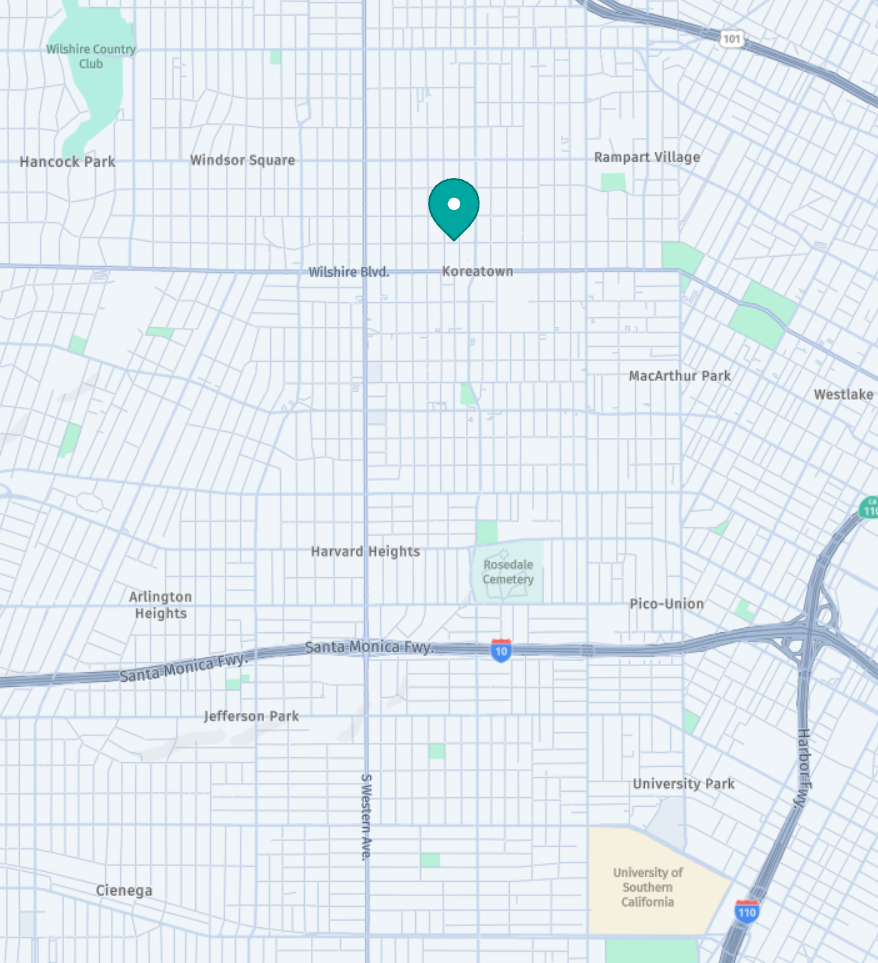Cellular Tissue-Based Products (CTPs) & Biologic Therapies for Wound Healing in Los Angeles
Chronic wounds — such as diabetic foot ulcers, venous leg ulcers, and pressure injuries — can be slow to heal, especially when blood flow is reduced or when there is significant tissue loss. For these patients, advanced wound care options like Cellular Tissue-Based Products (CTPs) and biologic therapies may help jumpstart healing, reduce infection risk, and improve outcomes.
At the Vein & Wound Center of LA, we use the latest biologic dressings and grafts to create an environment where wounds can close more effectively and patients can return to their daily lives sooner.
What Are Cellular Tissue-Based Products (CTPs)?
CTPs — sometimes called skin substitutes, biologic dressings, or grafts — are advanced materials designed to mimic the structure and function of human skin. They are placed directly on chronic wounds to:
- Protect the wound bed from infection and trauma
- Provide a scaffold for new tissue growth
- Deliver growth factors or living cells that stimulate healing
- Improve moisture balance and reduce pain
CTPs may come from donor human tissue, animal sources (such as porcine or bovine), or bioengineered materials.
Biologic Therapies in Wound Care
Biologic therapies go beyond standard dressings by using naturally derived or bioengineered products to accelerate healing. Examples include:
- Amniotic membrane grafts – use growth factors and extracellular matrix proteins to support healing
- Collagen dressings – provide structural support for new cell growth
- Platelet-Rich Plasma (PRP) – uses the patient’s own blood components to stimulate tissue repair
- Stem cell-based therapies – still emerging, but hold promise for complex wounds
Benefits of CTPs and Biologic Therapies
- Faster healing for chronic, non-healing wounds
- Reduced risk of infection by creating a protective barrier
- Improved tissue regeneration through natural growth factors
- Better cosmetic outcomes with improved skin quality and reduced scarring
- Minimally invasive application performed in-office
Risks and Considerations
Although generally safe, there are some risks to consider:
- Allergic reactions (rare, but possible with animal- or donor-derived products)
- Infection if proper wound care is not maintained
- Variable healing response depending on overall health, blood flow, and underlying conditions
Your vein and wound specialist will evaluate your medical history and wound type to determine if biologic therapy or a CTP is right for you.
When to Consider CTPs or Biologic Therapy
You may be a candidate if you have:
- Chronic non-healing wounds (lasting >4 weeks)
- Diabetic foot ulcers or venous leg ulcers
- Pressure injuries that are not improving with standard care
- Wounds with poor healing due to circulation or systemic disease
Frequently Asked Questions: Cellular Tissue-Based Products & Biologic Therapies
Cellular Tissue-Based Products & Biologic Therapies in Los Angeles
At the Vein & Wound Center of LA, Dr. Christopher Kim and our experienced team use advanced biologic therapies — including amniotic membrane grafts, collagen dressings, and platelet-rich plasma — to promote healing in even the most difficult wounds.
Our individualized approach ensures that each patient receives the right treatment plan to restore skin integrity, reduce complications, and improve quality of life.
Call us at (213) 654-8346 or request an appointment online to learn whether CTPs or biologic therapies are right for your wound care needs.
